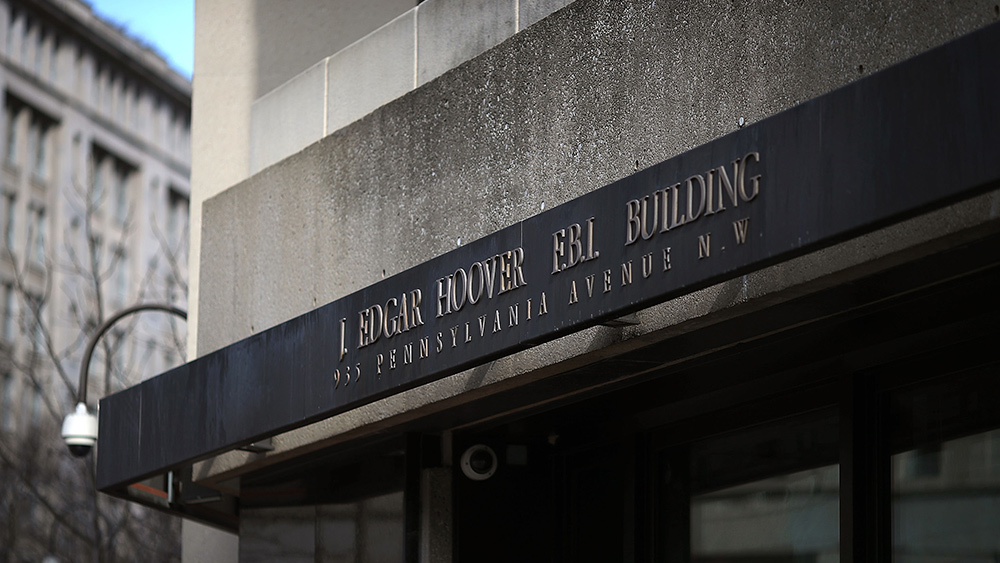
(Article by Kayla Sargent republished from NewsBusters.org)
The Protect Speech Act, introduced by Congressman Jim Jordan (R-OH) on October 2, is aimed at reforming Section 230 of the Communications Decency Act by protecting “disparate treatment of ideological viewpoints” and protecting free speech online. The bill was cosponsored by dozens of other Republicans, according to NRB.
The Act would grant Section 230 immunity “in general” to providers or users of interactive computer services, but this immunity “shall not apply to any action by a provider or user of an interactive computer service to restrict access to or availability of material provided by another information content provider.”
In other words, Big Tech would no longer have a blank check to remove any content they choose.
Additionally, there will be “no liability for good faith removal” of content. Providers or users must have an “objectively reasonable belief” that the material removed “violates the terms of service or use of the provider or user, as applicable.” To avoid liability, providers or users must also make their terms of service publicly available and state the criteria plainly, and restrict access to material consistent with the terms of service.
The bill further stated that providers must “restrict access to or availability of material that is similarly situated to material that the service intentionally declines to restrict.”
The final requirement to avoid liability under the bill is that providers and users must give timely notice describing with particularity the reasonable factual basis for the restriction of access and a meaningful opportunity to respond.” However, the bill does provide some exceptions to that particular rule. It states, “unless a law enforcement agency asks that such notice not be made; a service reasonably believes that the material relates to terrorism or other criminal activity; or such notice would risk imminent harm to others.”
This proposed legislation is only the latest bill introduced this year to amend Section 230. Both the House and Senate appear to be serious about reforming Section 230 and holding Big Tech accountable for censorship.
Read more at: NewsBusters.org and BigTech.news
Please contact us for more information.




















